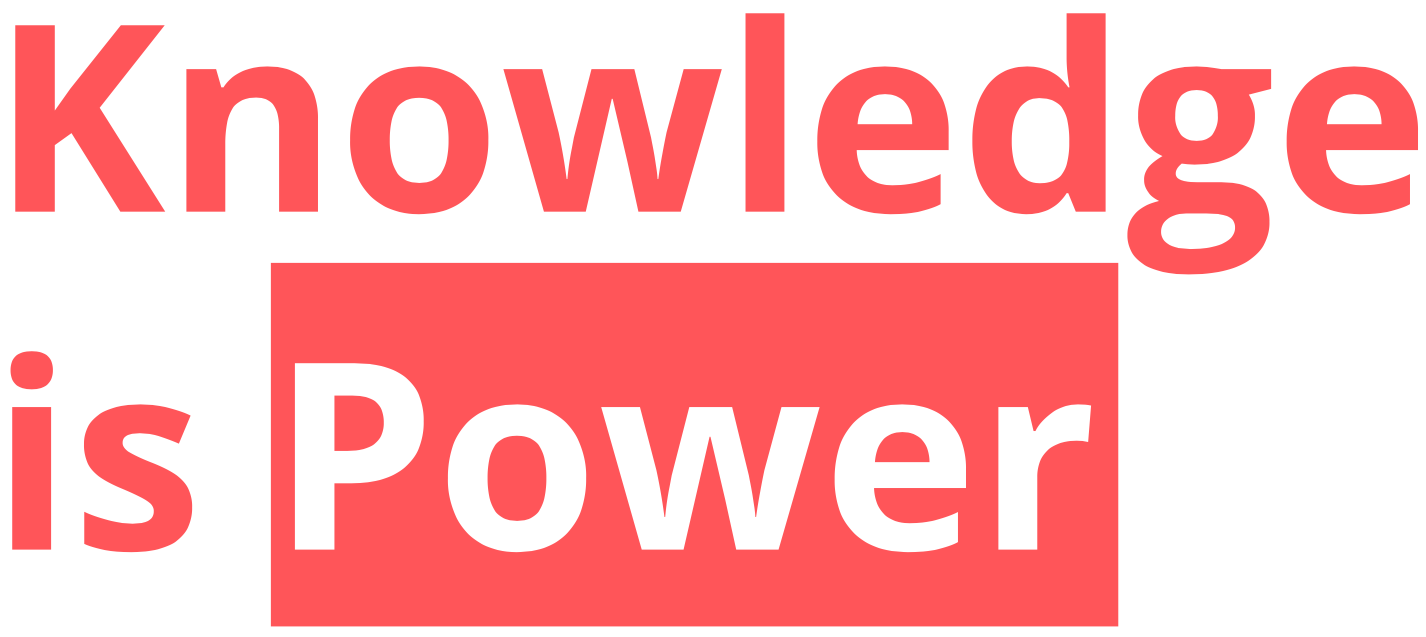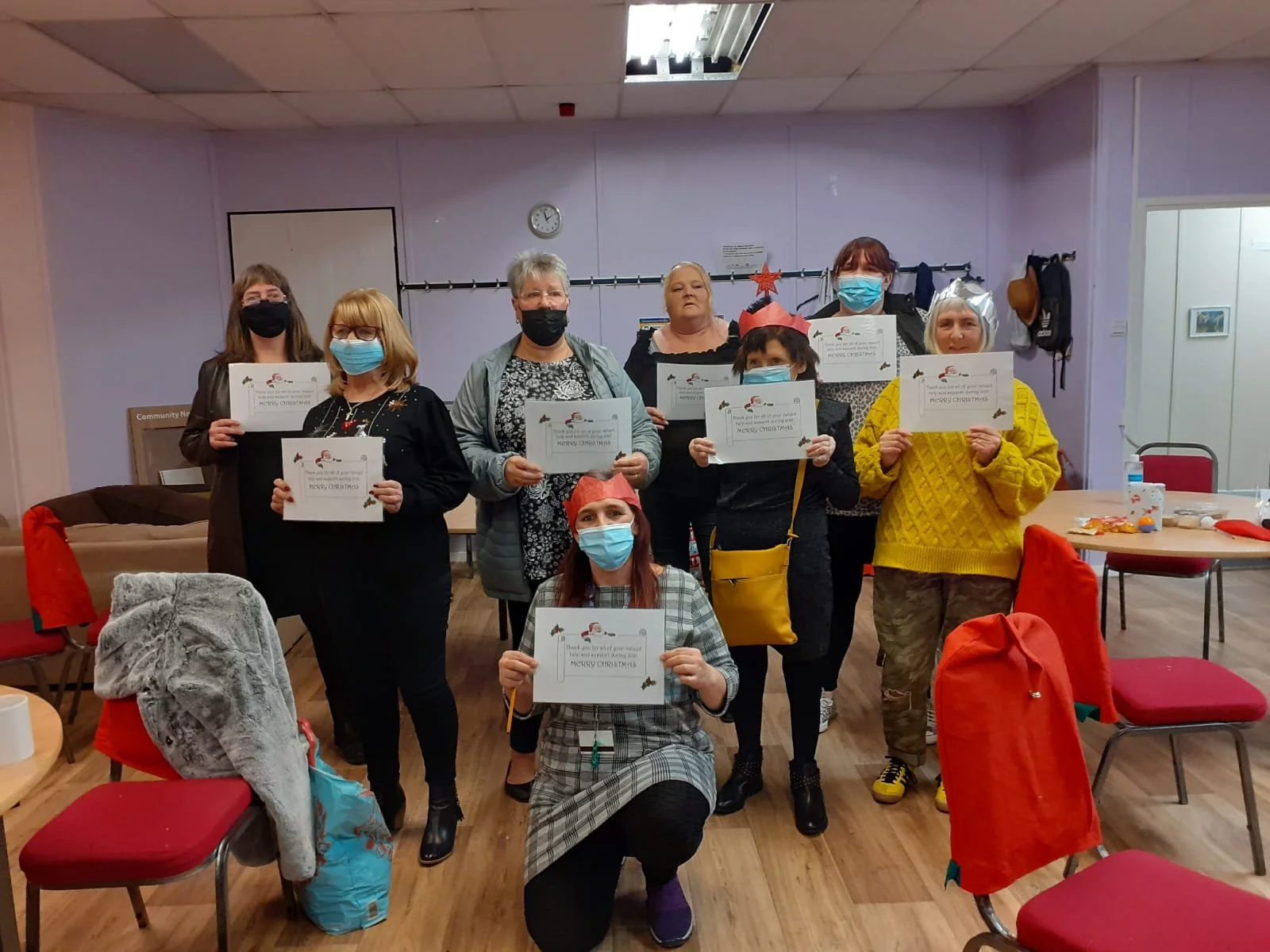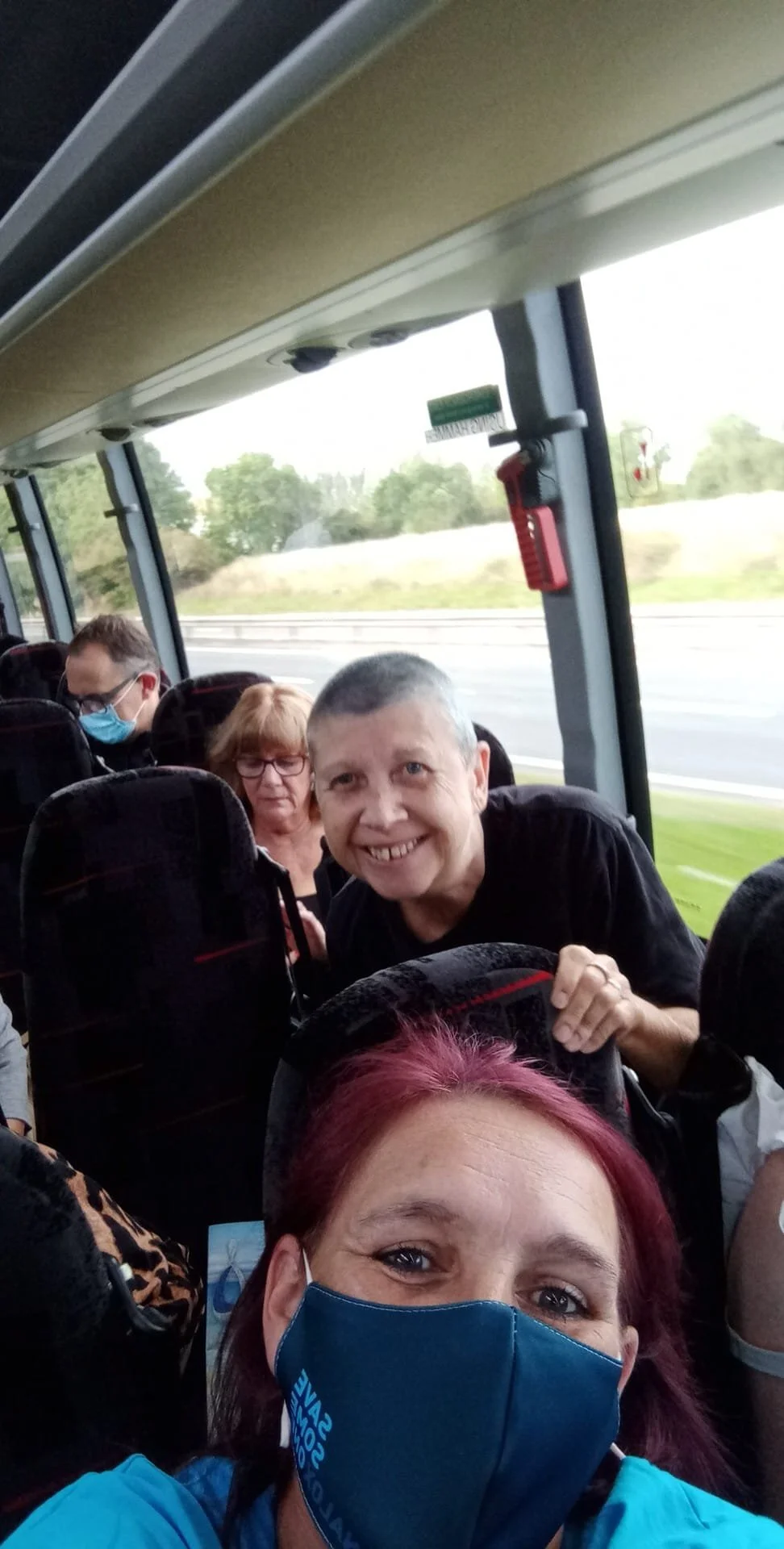Making mental health a priority: A Knowledge is Power case study of Taking up Sophie's Fight
/Through Knowledge is Power, Dundee-based Taking up Sophie’s Fight were able to come up with important findings about people struggling to find much-needed mental health support during the pandemic, as well as people’s priorities for what services they would like to see.
In addition to increasing their skills and confidence, the programme has strengthened the group’s wider work around mental health, including delivering training and helping to improve services.
How the project developed
Taking Up Sophie’s Fight was formed in 2019 as a result of taking part in the Health Issues in the Community (HIIC) course, which started in 2017. HIIC is a practical course delivered in communities, which introduces people to the social model of health and supports them to see their own lives and health in light of health and social inequalities.
A key emphasis of HIIC is on giving people the skills and confidence to have their voices heard, including helping to improve public services. Taking up Sophie’s Fight’s name comes from a play they developed highlighting issues around self-harm and suicide. They were therefore already in a perfect position to carry our community-led action research, and their Knowledge is Power research aimed to explore and work towards a co-ordinated recovery approach to mental health services in the community.
Supported by Elaine Sword, Community Health Worker at Dundee City Council who is also the group’s HIIC tutor, the group used the Knowledge is Power toolkit to expand their knowledge and ideas for forward planning. In particular, they found the planning template and model action research process were useful guides to follow. The information on ethics was also useful, with the group being acutely aware that self-harm and suicide are incredibly sensitive issues.
“We had to look at the ethics as we were placed in a position of trust and confidentiality” (Claire McCulloch, TuSF)
The Recovery Drop in at Link up Whitfield, which includes volunteers from the Knowledge is Power research and recovery friendly ambassadors.
As a result of their planning, Taking up Sophie’s Fight decided to carry out a survey to gather the evidence they needed. The group joined up with a local group of recovery ambassadors from the North East of Dundee, who helped with questionnaire design. This helped the group to get the survey out to a wider audience.
Challenges
The advent of Covid-19 and resultant lockdown restrictions impacted on the way the survey was developed and delivered. One of the main challenges they faced was getting a questionnaire out to the public during lockdown.
To overcome this challenge, the group developed a digital survey to accompany their printed version. They were helped to do this by a media expert from Dundee City Council, who showed them how to use google forms to develop an online version of the survey. Over 150 people were reached altogether through the online and printed versions of the survey.
Another challenge during Covid was keeping in touch with each other and maintaining moral. The group were able to meet outside and also to use social media platforms such as WhatsApp in order to stay in contact with one another and offer each other moral support.
“We also got iPads and Wi-Fi from Connecting Scotland, so that was really useful, especially through covid, cos it kept us connected, and we learned new skills, especially using zoom. As a group we were able to stay connected, and we were able to meet socially distanced in a local park just to keep up moral and to keep with the project throughout” (Claire McCulloch, TuSF)
Findings
152 people completed the survey, most of whom described themselves as having lived experience of mental health conditions. A high percentage were from deprived areas of the city. The large majority (122) said that their mental health had been affected by the pandemic. The main ways people had been affected were ‘low mood’, ‘anxiety’ and ‘stress’. 68 people also said they had experienced ‘depression’ due to the pandemic. Furthermore, most people had experienced a combination of these mental health issues.
Worryingly, out of 58 people who tried to access mental health support before and during the pandemic, 43 said it was more difficult to access this support during the pandemic. In terms of what people would like to see put in place, 96 said a 24-hour telephone crisis line, 91 said access to an appropriate suicide prevention trained person, 88 said access to a safe space and 72 said an over-night safe space.
Impact
The research and its findings has helped give local people a voice in mental health services. With the support of Elaine, Taking up Sophie’s Fight have been able to strengthen their involvement in the following services and developments.
Some of the group have been involved in helping to shape a 24-hour mental health crisis centre, which is currently being established in Dundee.
The group is also helping to shape the development of a Mental Wealth Academy in Dundee
The group are developing their own ‘train the trainer’ package for employers, focused on mental health in the workplace.
“I think we learned that there are a lot more mental health conditions than we were aware of. It also taught us to be more empathetic to people's feelings and experiences. I felt we also had to think more about our own mental health and wellbeing, because of the sensitivity of the study.” (Marion Fraser, TuSF)
The group has benefited from the research in other ways, such as developing new skills and knowledge and making connections with a range of others in the community and local agencies. All this is helping the group to feel more confident in making their voice heard.
“With so many people from different support agencies, we’re seeing improvements in people working together. There are a lot of people coming on board. Their voices are getting louder, and people are now listening. Whereas pre-pandemic they weren’t joining up and they weren’t talking to each other. So, I think in the long run that will be a good thing that’s come out of Covid. It’s forced people to re-evaluate priorities.” (Jacqueline Low, TuSF)
Learning and reflecting
The group, attending a recovery friendly walk in Perth in September 2021.
The research has largely been a positive experience with successful outcomes. The group can also be commended for providing honest reflection on the research and its findings, particularly in terms of who they were, and weren’t, able to reach.
For instance, they recognise that more older people could have taken part in the survey, as only 6 out of 152 people were aged 66 and over. Reaching older people during the Covid-19 pandemic was difficult due to the fact that they tend to be not so well connected digitally.
A lack of digital connectivity also partly explains why Taking up Sophie’s Fight reached few people from ethnic minorities in their research. This was especially difficult during the Covid-19 pandemic when it was extremely difficult, and often impossible, to go out and meet other community groups due to social distancing and other health protection measures.
This challenge links in with a wider issue about reaching the wider community, which Taking up Sophie’s Fight want to highlight. All organisations, from public bodies to community organisations, need to think about which groups in the community they might not be reaching. Otherwise, there is a risk that support and opportunities to be heard only reach the people and groups that are already connected.
“There was someone from the deaf community, and there was nothing there for them. Community groups have to be aware of missed opportunities to reach out to groups they don’t normally engage with” (Claire McCulloch, group member)
Another issue with the data which the group acknowledges is that not everyone who has a caring role will self-identify as a ‘carer’. This may sometimes be reflective of the fact that people who care for family members at home are unpaid. It is possible that they consider a ‘caring role’ to be a paid role, not something you do at home as a matter of course.
“There are lot of people who care for someone with a mental health condition who don’t classify themselves as carers. The unpaid side of things is a factor as well”. (Claire McCulloch, group member)
These learning points serve to increase the value of Taking up Sophie’s Fight’s community-led action research, further demonstrating the importance and of this research approach in understanding and addressing social concerns.
More information
Read more about the group’s participation in Health Issues in the Community (HIIC) and about the development of the ‘She Died Waiting’ play on the HIIC website. Click here (external website)
See more learning and case studies on community-led action research, including other research into mental health and wellbeing, on our dedicated Knowledge is Power learning page.
Taking Up Sophie’s Fight planning their research






